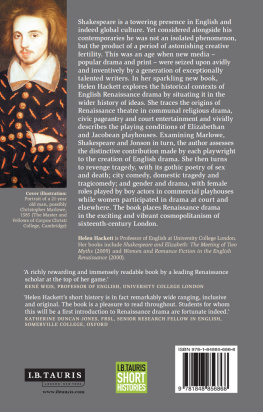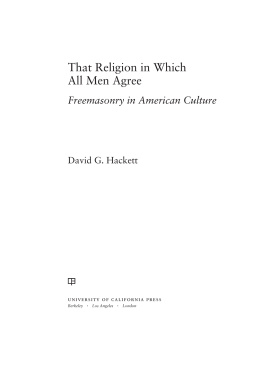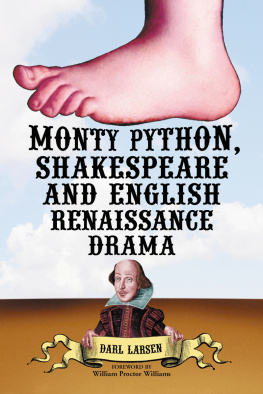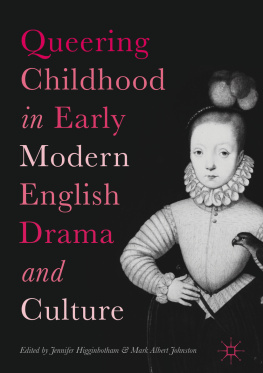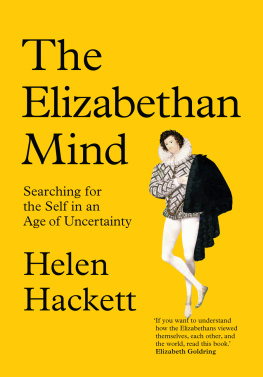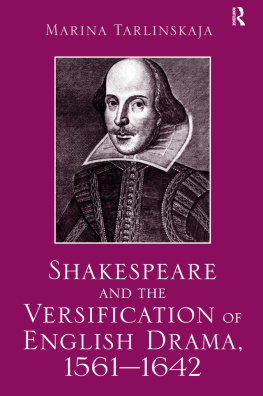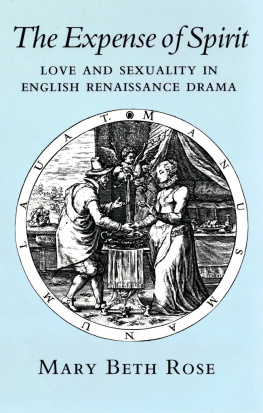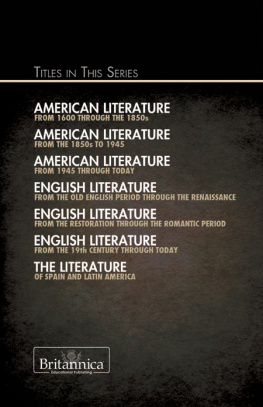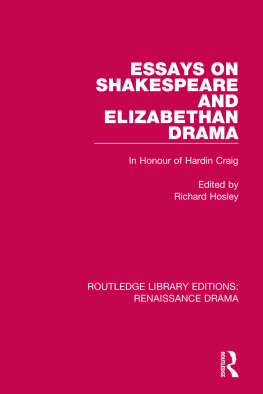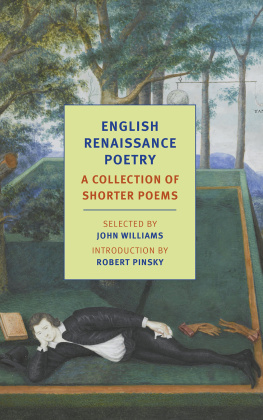Helen Hackett is Professor of English at University College London. Her previous books include Shakespeare and Elizabeth:The Meeting of Two Myths (2009), Women and RomanceFiction in the English Renaissance (2000) and Virgin Mother,Maiden Queen: Elizabeth I and the Cult of the Virgin Mary (1995).

I.B.TAURIS SHORT HISTORIES
I.B.Tauris Short Histories is an authoritative and elegantly written new series which puts a fresh perspective on the way history is taught and understood in the twenty-first century. Designed to have strong appeal to university students and their teachers, as well as to general readers and history enthusiasts, I.B.Tauris Short Histories comprises a novel attempt to bring informed interpretation, as well as factual reportage, to historical debate. Addressing key subjects and topics in the fields of history, the history of ideas, religion, classical studies, politics, philosophy and Middle East studies, the series seeks intentionally to move beyond the bland, neutral introduction that so often serves as the primary undergraduate teaching tool. While always providing students and generalists with the core facts that they need to get to grips with the essentials of any particular subject, I.B.TaurisShort Histories goes further. It offers new insights into how a topic has been understood in the past, and what different social and cultural factors might have been at work. It brings original perspectives to bear on manner of its current interpretation. It raises questions and in its extensive further reading lists points to further study, even as it suggests answers. Addressing a variety of subjects in a greater degree of depth than is often found in comparable series, yet at the same time in concise and compact handbook form, I.B.Tauris ShortHistories aims to be introductions with an edge. In combining questioning and searching analysis with informed history writing, it brings history up-to-date for an increasingly complex and globalised digital age.
A Short History of...
the American Civil War | Paul Anderson (Clemson University) |
the American Revolutionary War | Stephen Conway (University College London) |
Ancient Greece | P J Rhodes, FBA (University of Durham) |
Ancient Rome | Andrew Wallace-Hadrill (University of Cambridge) |
the Anglo-Saxons | Henrietta Leyser (University of Oxford) |
the Byzantine Empire | Dionysios Stathakopoulos (Kings College London) |
the Celts | Alex Woolf (University of St Andrews) |
the Crimean War | Trudi Tate (University of Cambridge) |
English Renaissance Drama | Helen Hackett (University College London) |
the English Revolution and the Civil Wars | David J Appleby (University of Nottingham) |
the Etruscans | Corinna Riva (University College London) |
Imperial Egypt | Robert Morkot (University of Exeter) |
the Korean War | Allan R Millett (University of New Orleans) |
Medieval English Mysticism | Vincent Gillespie (University of Oxford) |
the Minoans | John Bennet (University of Sheffield) |
the Mughal Empire | Michael Fisher (Oberlin College) |
Muslim Spain | Alex J Novikoff (Rhodes College, Memphis) |
Nineteenth-Century Philosophy | Joel Rasmussen (University of Oxford) |
the Normans | Leonie Hicks (University of Southampton) |
the Phoenicians | Glenn E Markoe |
the Reformation | Helen Parish (University of Reading) |
the Renaissance in Northern Europe | Malcolm Vale (University of Oxford) |
the Risorgimento | Nick Carter (University of Wales, Newport) |
the Spanish Civil War | Julin Casanova (University of Zaragoza) |
Transatlantic Slavery | Kenneth Morgan (Brunel University) |
Venice and the Venetian Empire | Maria Fusaro (University of Exeter) |
the Vikings | Clare Downham (University of Liverpool) |
the Wars of the Roses | David Grummitt (University of Kent) |
Weimar Germany | Colin Storer (University of Nottingham) |
Helen Hackett surprises us time and again with fresh insights. She deftly traces the roots of English Renaissance drama to the indigenous traditions of Miracle Plays and Moralities, while giving due weight to its classical forebears, particularly Plautus and Terence. She ranges right across the golden age of English drama, from its tentative origins to its flowering in Lyly, Marlowe, Shakespeare, Jonson, Middleton and Webster. She finds room to discuss Elizabeth Cary and Mary Sidney and is very good on gender issues in a theatre where the roles of women had to be acted by young men. She does justice, brilliantly, to the role of material culture in underpinning the extraordinary drama that became the jewel in the Elizabethan literary crown while seamlessly weaving accomplished close readings of the texts into a broad sweep tapestry. The result is a richly rewarding and immensely readable book by a leading Renaissance scholar at the top of her game. Hackett carries her learning lightly: there are no clichs here, and not a single pedestrian sentence. Her limpid style is the perfect vehicle for an original treatment that illuminates at every turn.
Ren Weis, Professor of English, University College London
Helen Hacketts Short History of English Renaissance Drama is in fact remarkably wide ranging, inclusive and original. An exceptionally sharp eye and a clear, cool head enable her to deal beautifully with many thorny issues and challenging texts. These range from the cultural impact of the Reformation to the dense, learned, conflicted writing of Ben Jonson; the extreme savagery of English revenge tragedy; and slippery issues of gender raised both by Shakespeares comedies with female roles performed by young boys and by less public household plays performed, and sometimes written, by women. Finally, the author traces continuities from Shakespeares own age to the present day, in which, as she rightly observes, Renaissance drama continues to thrive, enthrall and provoke. The book is underpinned by wide-ranging footnotes and a substantial Bibliography. It is a pleasure to read throughout. Students for whom this will be a first introduction to Renaissance drama are fortunate indeed.
Next page
